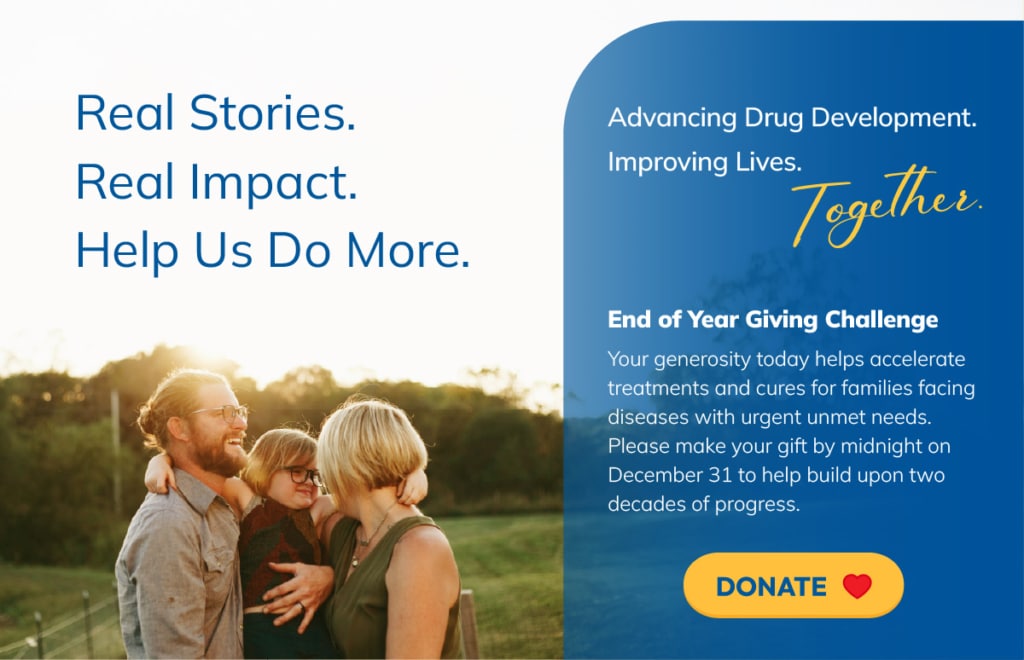May 24, 2016
 |
 |
CDISC and TransCelerate Announce New Standard for Breast Cancer to Support Data Sharing for Oncology Research
Austin, TX – 24 May 2016 – The need to rapidly and efficiently share new data in cancer research was recently, and powerfully, highlighted by U.S. Vice President Joe Biden as part of the Cancer Moonshot initiative. The Clinical Data Interchange Standards Consortium (CDISC) and TransCelerate BioPharma, Inc. (“TransCelerate”) announce today the open availability of a new CDISC Therapeutic Area (TA) Standard for Breast Cancer. The CDISC global TA standards can streamline the way clinical research is conducted so that data can be readily shared among clinicians, researchers and regulators around the world, thus leading to more rapid and “smarter” research.
“In order to optimize the care of any patient, we need to have a common set of information that is reliably collected on every one,” stated Dr. Laura Esserman, University of California San Francisco breast cancer surgeon and one of Time magazine’s top 100 most influential individuals in the world. “The CDISC standards will help us to ensure that we are all using a common language, which will then usher in an era where we can automate quality improvement, trial matching, seamless integration of data into trials, and streamline the process of improving the care, survival, and quality of life of our patients.”
“Through this standard, we are breaking down research silos globally to ensure that all research conducted around breast cancer can be more productive and collaborative,” said Dr. Nicole Harmon, CDISC COO. “Collaboration in research can unlock cures, saving money, time and lives. This is only the beginning for standards that will improve cancer research. In addition to breast cancer, CDISC is actively working on standards for prostate and colorectal cancer and will begin work on a standard for lung cancer by the end of the year. Developing standards for oncology is a priority for CDISC and we appreciate all the team members and reviewers, which includes clinicians, regulators and many others who volunteer their time to ensure these projects are consensus-based and cutting-edge.”
The CDISC Breast Cancer TA standard was developed through the Coalition for Accelerating Standards and Therapies (CFAST) Breast Cancer Team, led by UK-based Project Manager, John Owen and CDISC Program Lead, Rhonda Facile. CFAST is a joint initiative of CDISC and C-Path, formed to accelerate clinical research and medical product development by creating and maintaining data standards, tools and methods for conducting research in therapeutic areas that are important to public health, with invaluable support and advice from such organizations as the National Cancer Institute (NCI), Innovative Medicines Initiative (IMI), TransCelerate and regulatory agencies, including the U.S. FDA, Japan’s PMDA and the European Medicines Agency.
CDISC previously published standards for solid organ tumors. The breast cancer TA standard builds upon this work, which was made possible through hundreds of volunteers who actively contribute to the development of consensus-based standards across various therapeutic areas. The CDISC standards are available via the CDISC website, through User Guides and the Shared Health and Research Electronic Library (SHARE). SHARE enables electronic access to the standards and enables reuse of common concepts across future TA standards.
About the organizations:

CDISC is a 501(c)(3) global non-profit charitable organization that streamlines research and enables connections to healthcare through the development of clinical research data standards. CDISC has developed a suite of standards to support clinical research from protocol through analysis and reporting. CDISC standards make it possible for data to speak the same language, empowering simple data collection and private sharing that makes the most of the valuable information offered by patients participating in research studies around the globe. Using CDISC standards from the start of studies enables Smarter Research to Unlock Cures (www.unlockcures.org), saving 70-90% time in the start-up of clinical research studies and ~60% overall in terms of time and resources to conduct research. CDISC is the patient’s advocate, creating therapeutic area data standards for over 25 different disease areas that advance medical product development and various types of clinical research.

TransCelerate BioPharma Inc. is a non-profit organization dedicated to improving the health of people around the world by accelerating and simplifying the research and development (R&D) of innovative new therapies. The organizations’ mission is to collaborate across the global biopharmaceutical R&D community to identify, prioritize, design and facilitate implementation of solutions designed to drive the efficient, effective and high quality delivery of new medicines. TransCelerate evolved from conversations at various forums for executive R&D leadership to discuss current issues facing the industry, and examine solutions for addressing agreed-upon common challenges. The founding member companies are AbbVie, AstraZeneca, Boehringer Ingelheim, Bristol-Myers Squibb, Eli Lilly and Company, GlaxoSmithKline, Johnson & Johnson, Pfizer, the Roche Group, and Sanofi. Additional members that have joined since the inception of TransCelerate include Allergan, Inc., Amgen, Astellas Pharma Inc., EMD Serono, Inc. (a subsidiary of Merck KGaA, Darmstadt, Germany), Merck & Co., Inc., Novo Nordisk, Shionogi & Co., Ltd. and UCB.
Membership in TransCelerate is open to pharmaceutical and biotechnology companies with Research & Development operations. Executive offices are located in Philadelphia, PA. For more information, please visit http://www.transceleratebiopharmainc.com.
| CDISC Contact: Andrea Vadakin +1.316.558.0160 avadakin@cdisc.org |



